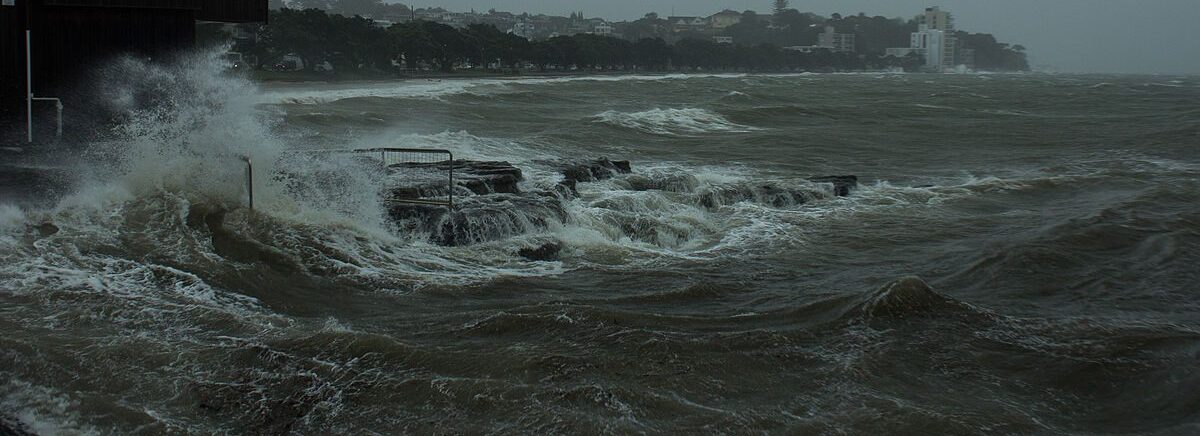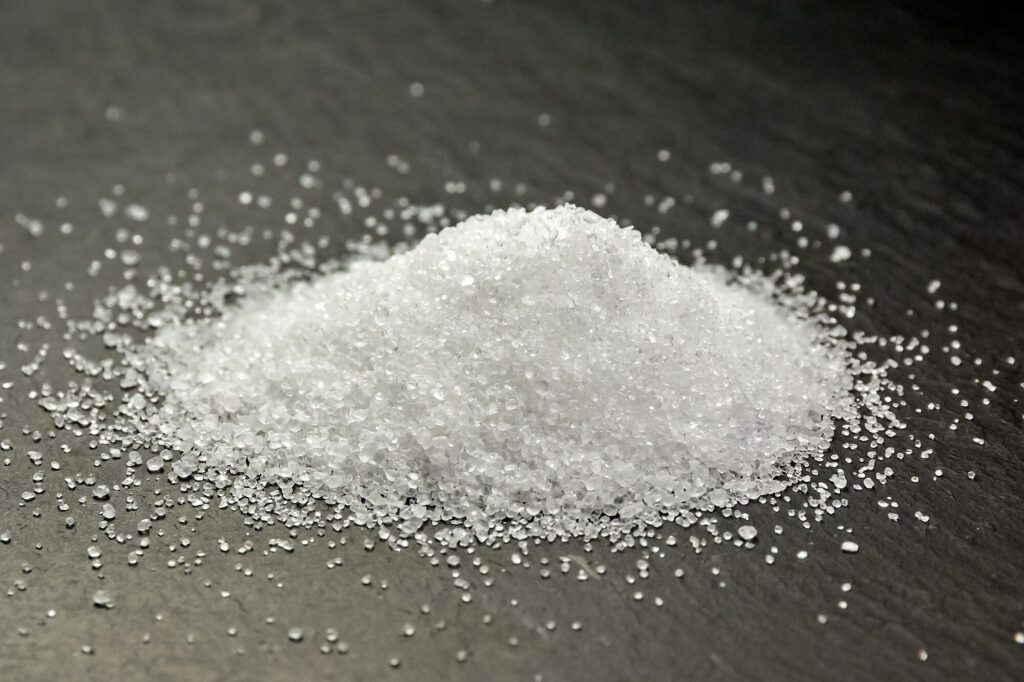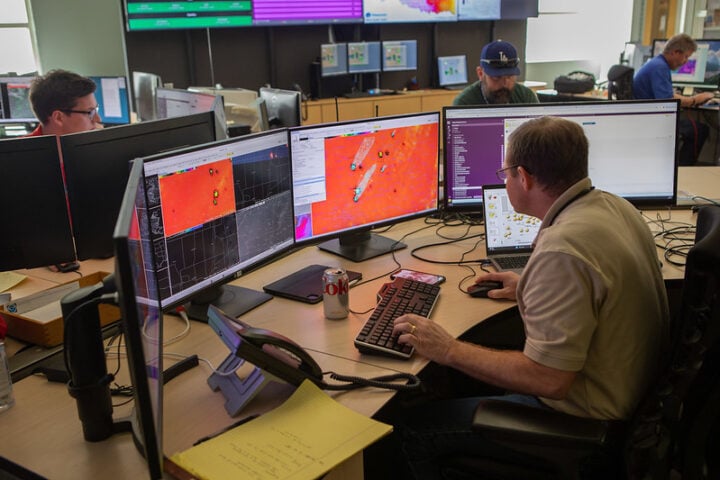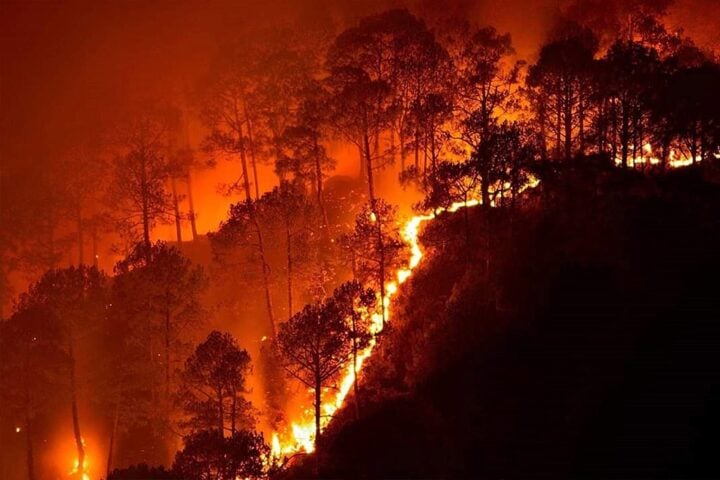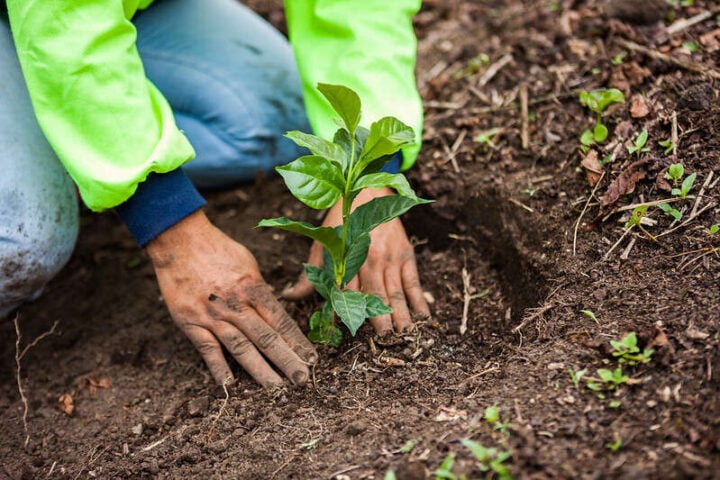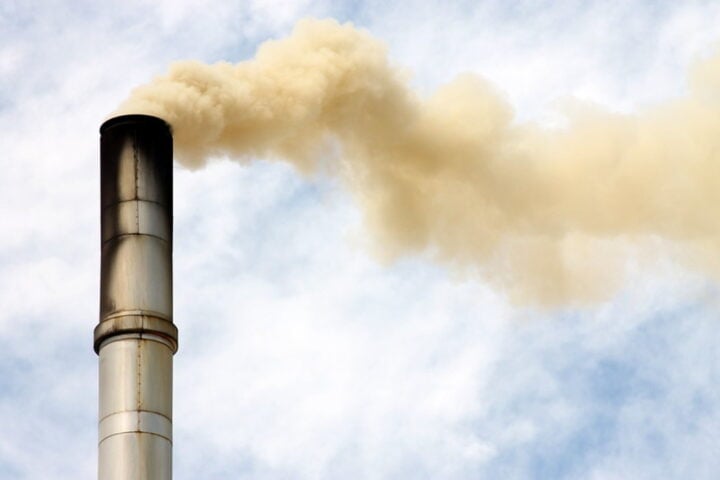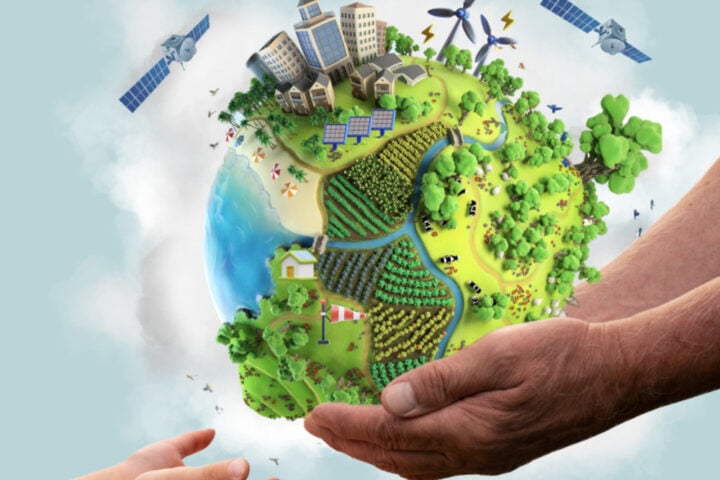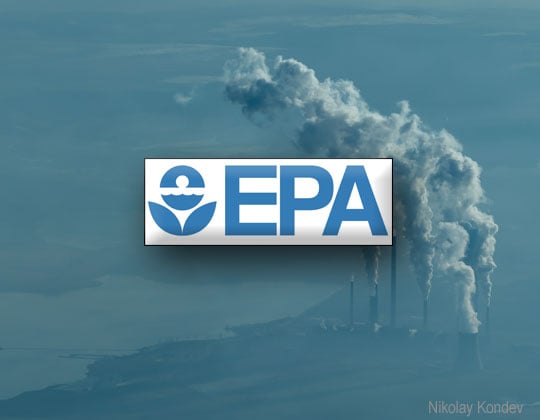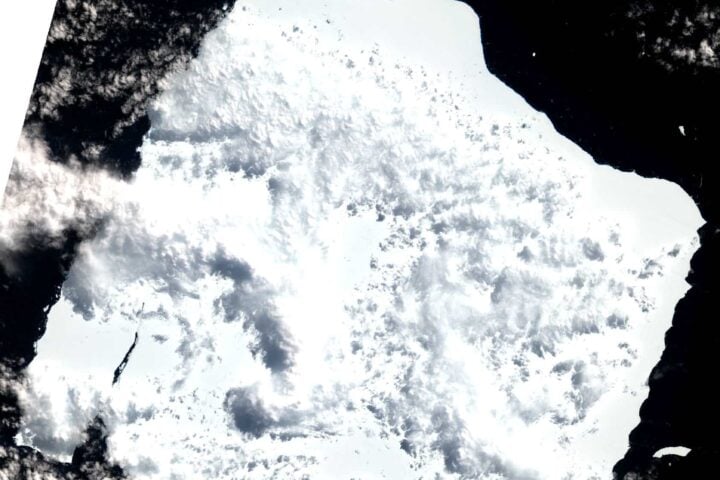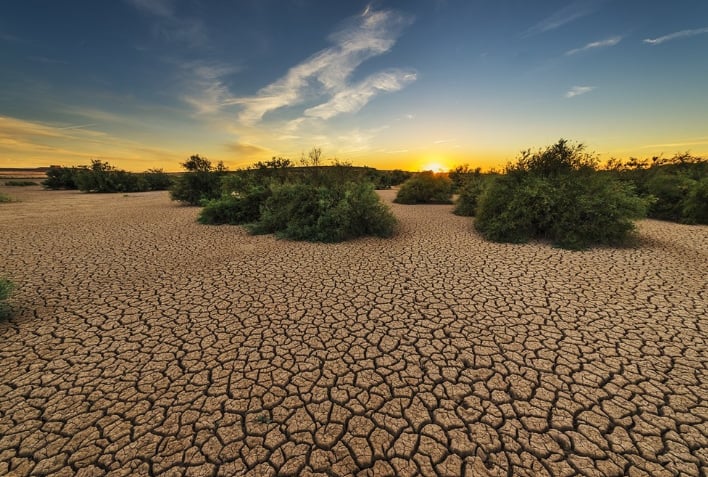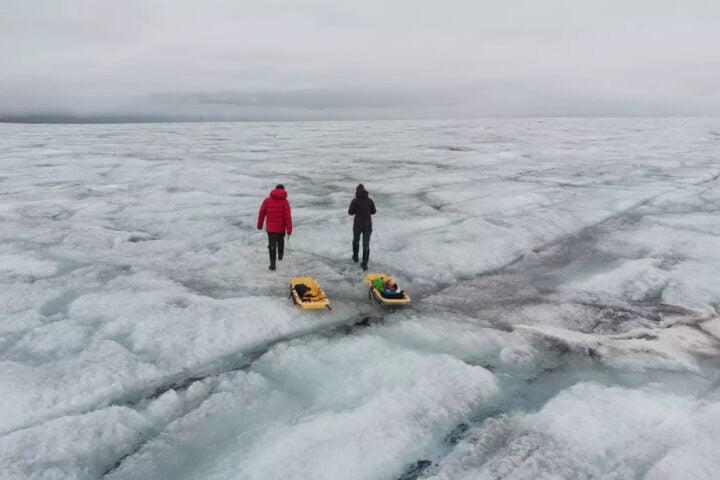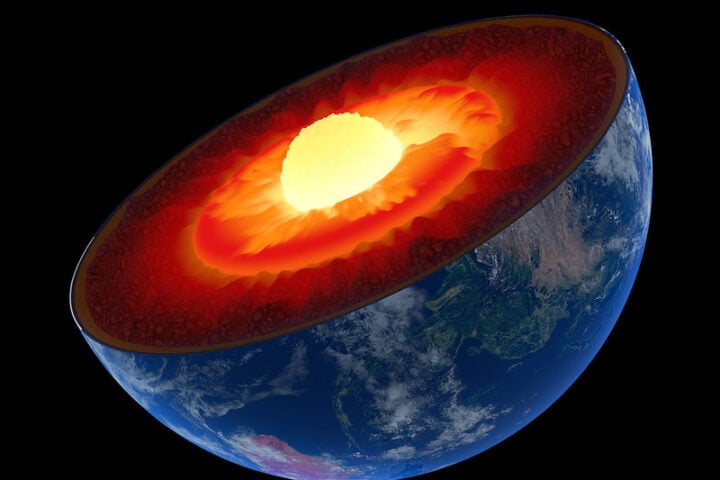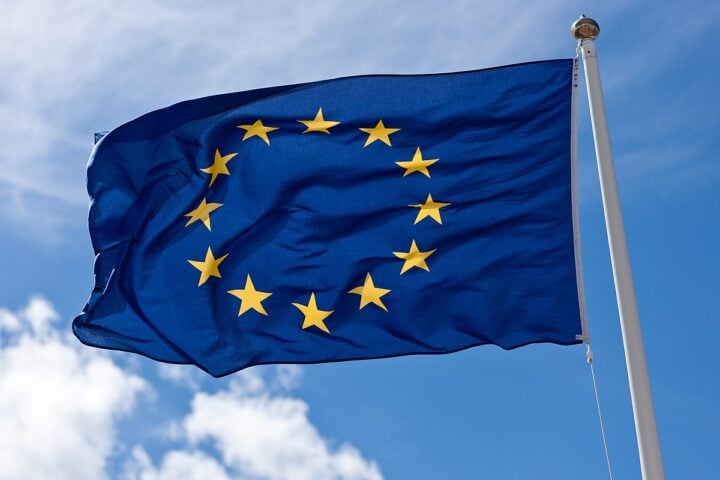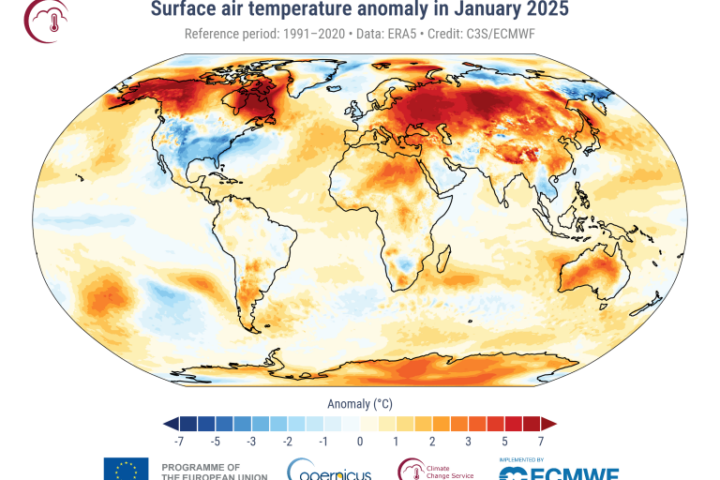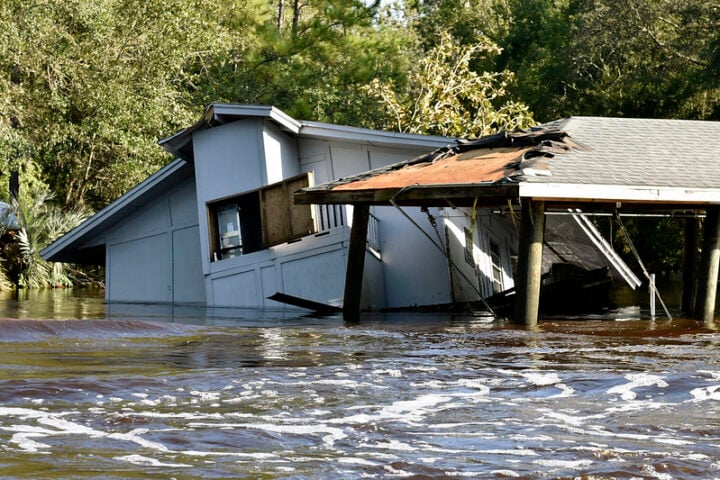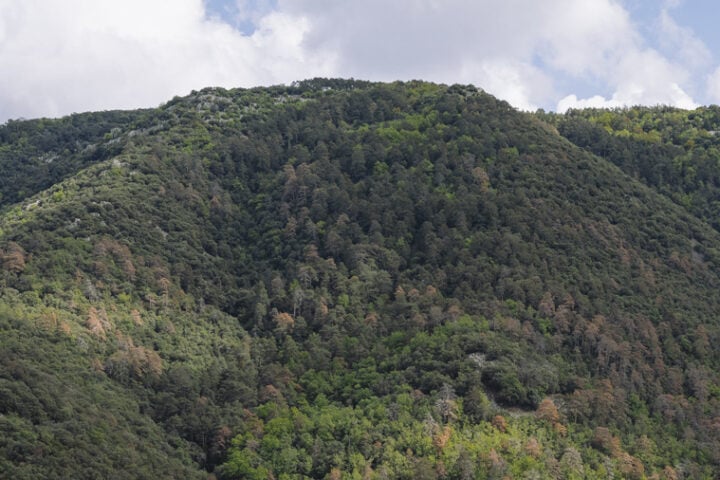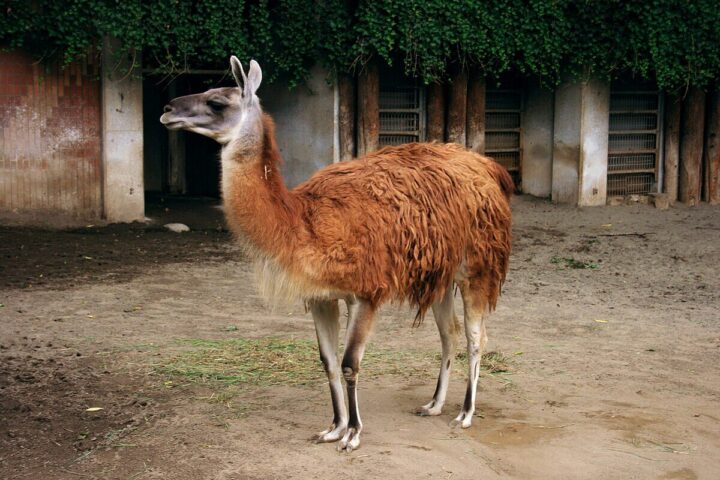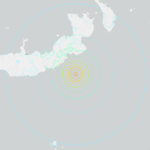Fourteen Pacific Island countries and Timor-Leste, some of the nation’s most vulnerable to natural disasters due to the climate crisis, will build warehouses to stockpile humanitarian goods to respond to catastrophes. This initiative, named the ‘Pacific Humanitarian Warehouse Program,’ is funded by Australia and New Zealand, the most significant countries in the region, which usually play a key role in humanitarian responses to disasters in the area.
The program aims to stockpile the necessary humanitarian aid to be distributed within the first 48 hours following a disaster, serving as a stopgap until international aid arrives. These warehouses will be built with humanitarian goods stockpiled by 14 Pacific island countries and Timor-Leste, which are heavily affected by the climate crisis.
A joint statement by Australian Foreign Minister Penny Wong and her New Zealand counterpart Winston Peters specified that the fund allocated for the program is 28.1 million dollars (25.7 million euros). Peters emphasized that the Pacific is exposed to a wide range of natural hazards and other risks, such as cyclones, earthquakes, tsunamis, floods, volcanoes, and diseases—disasters capable of causing urgent humanitarian needs.
Similar Posts
The Pacific islands, as well as the island nation of Timor-Leste (in Southeast Asia), are more vulnerable to natural disasters related to the climate crisis and are also located on the so-called Pacific Ring of Fire, an area that accounts for around 90% of the world’s seismic and volcanic activity.
This program is an initiative led by the Pacific islands, a remote area of the planet with challenging geography due to the hundreds of islands that make it up, and with severe connectivity problems that hinder rapid responses to natural disasters.
The announcement by Australia and New Zealand comes within the framework of the Pacific Islands Forum Foreign Ministers’ meeting in Suva (Fiji), a bloc that has been calling for international aid to address the climate crisis for decades. The Pacific has gained greater strategic importance for Australia and New Zealand after the Solomon Islands, a Forum member, signed a security agreement with China in 2022, which was negotiated opaquely, further intensifying the competition between Beijing and Washington in the once-forgotten region.
